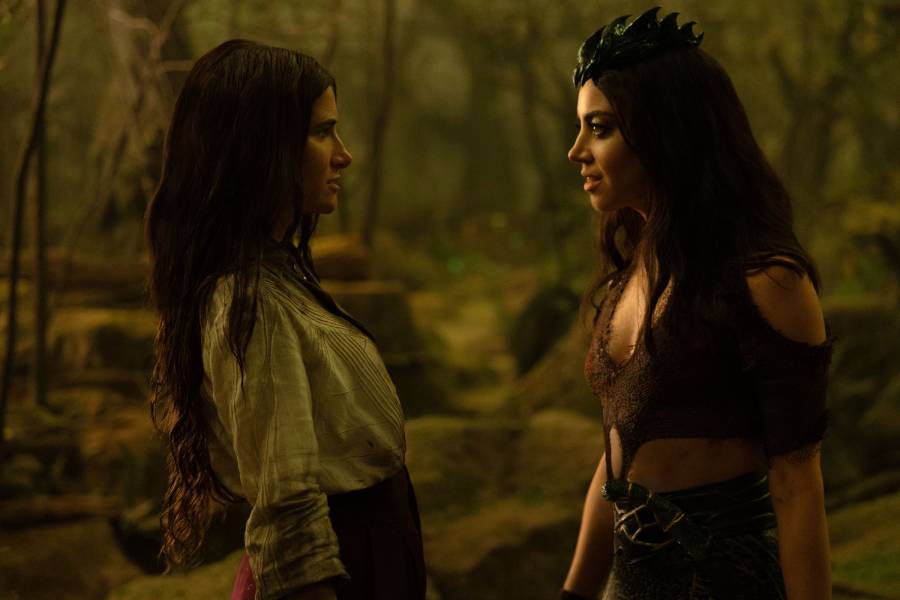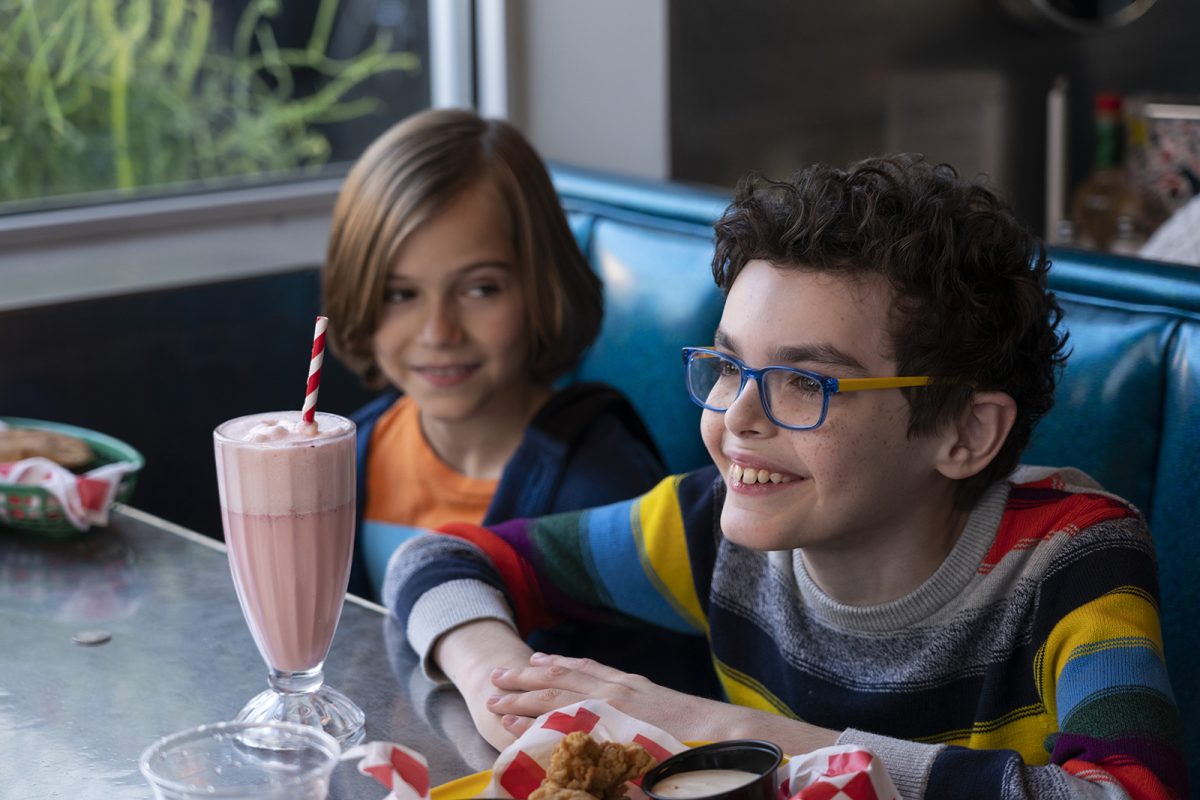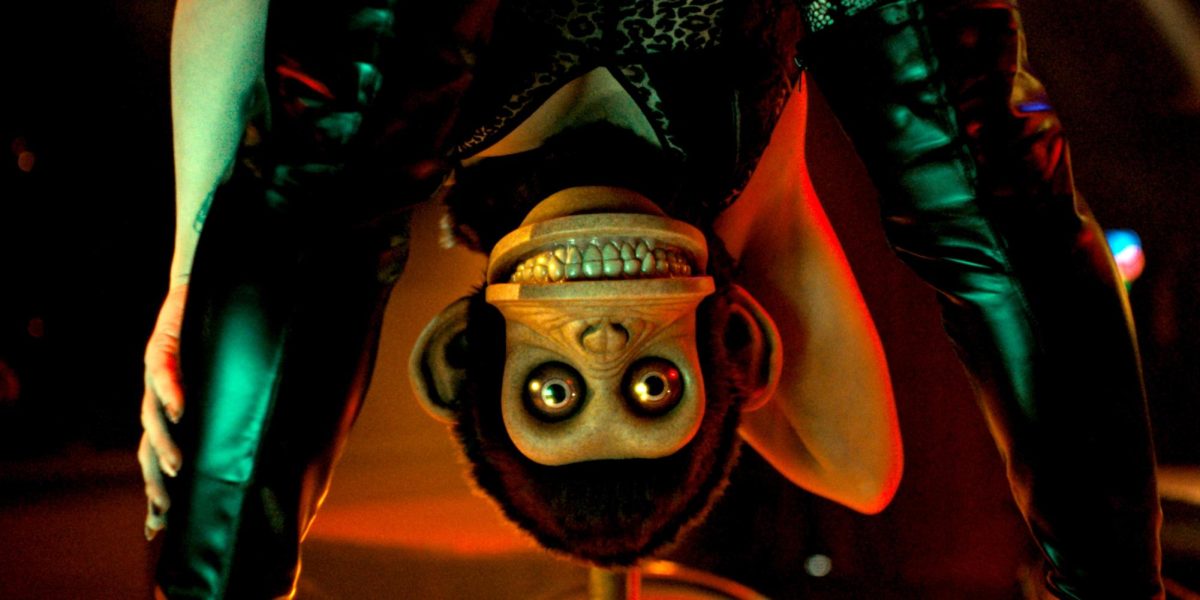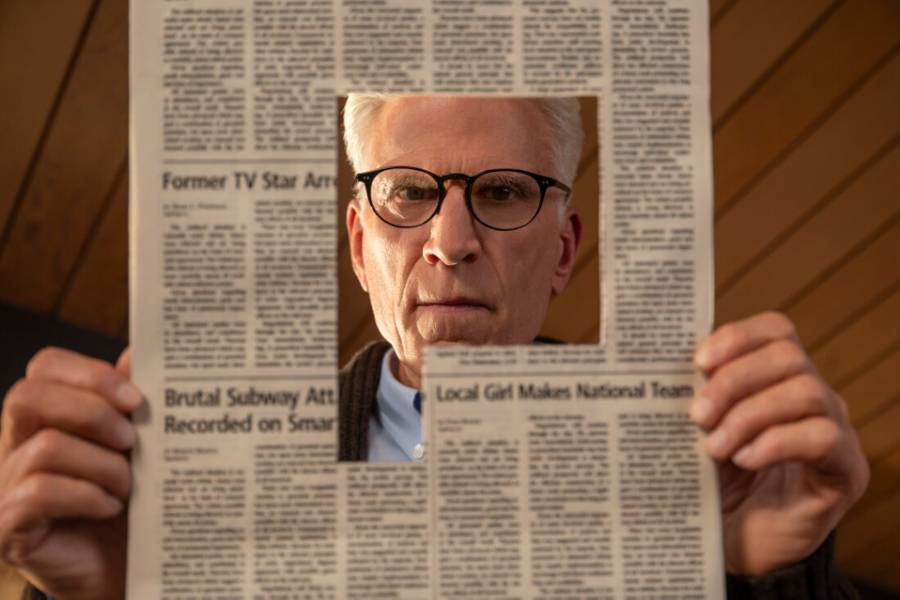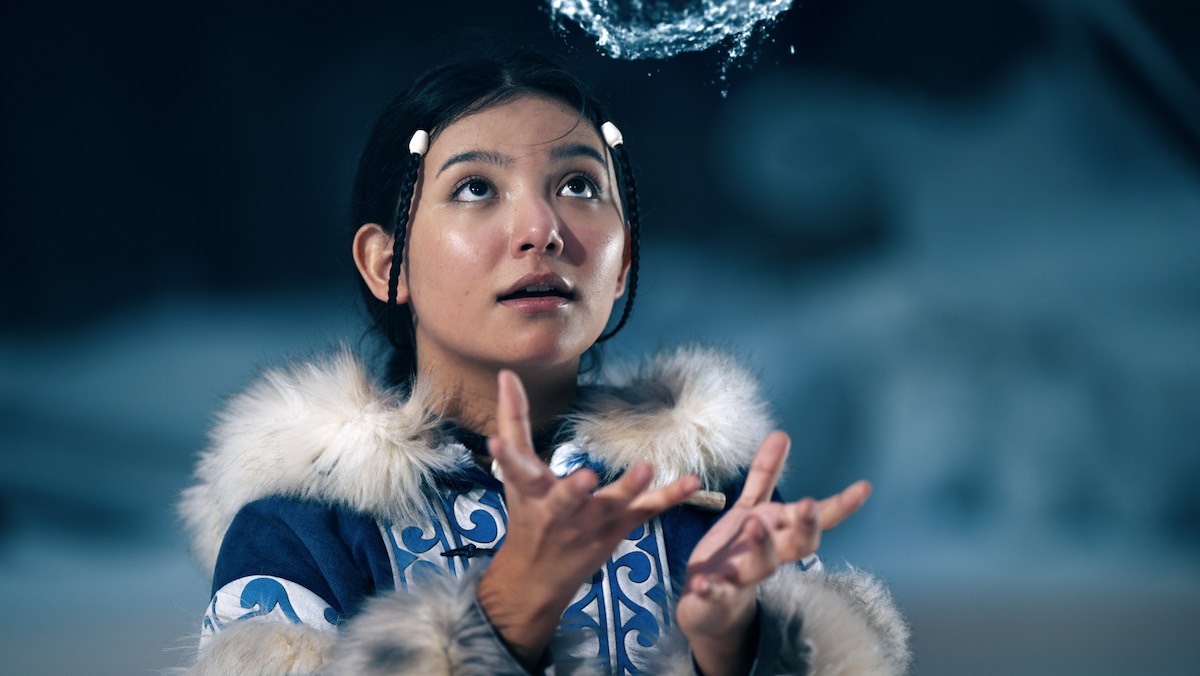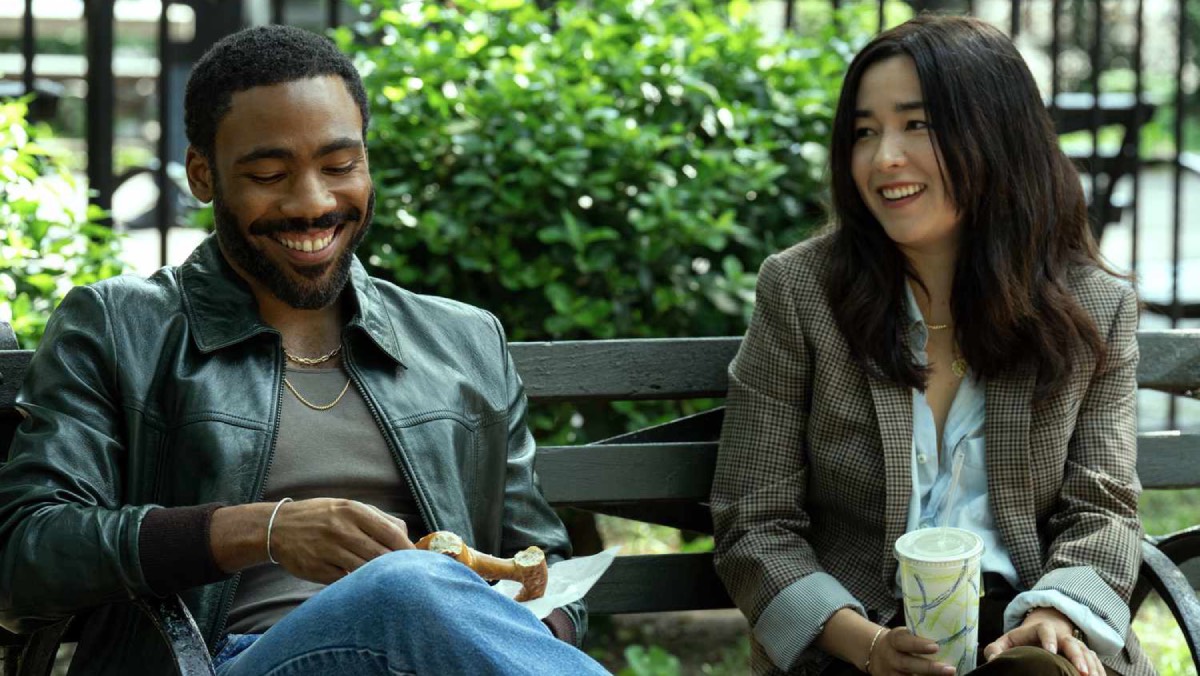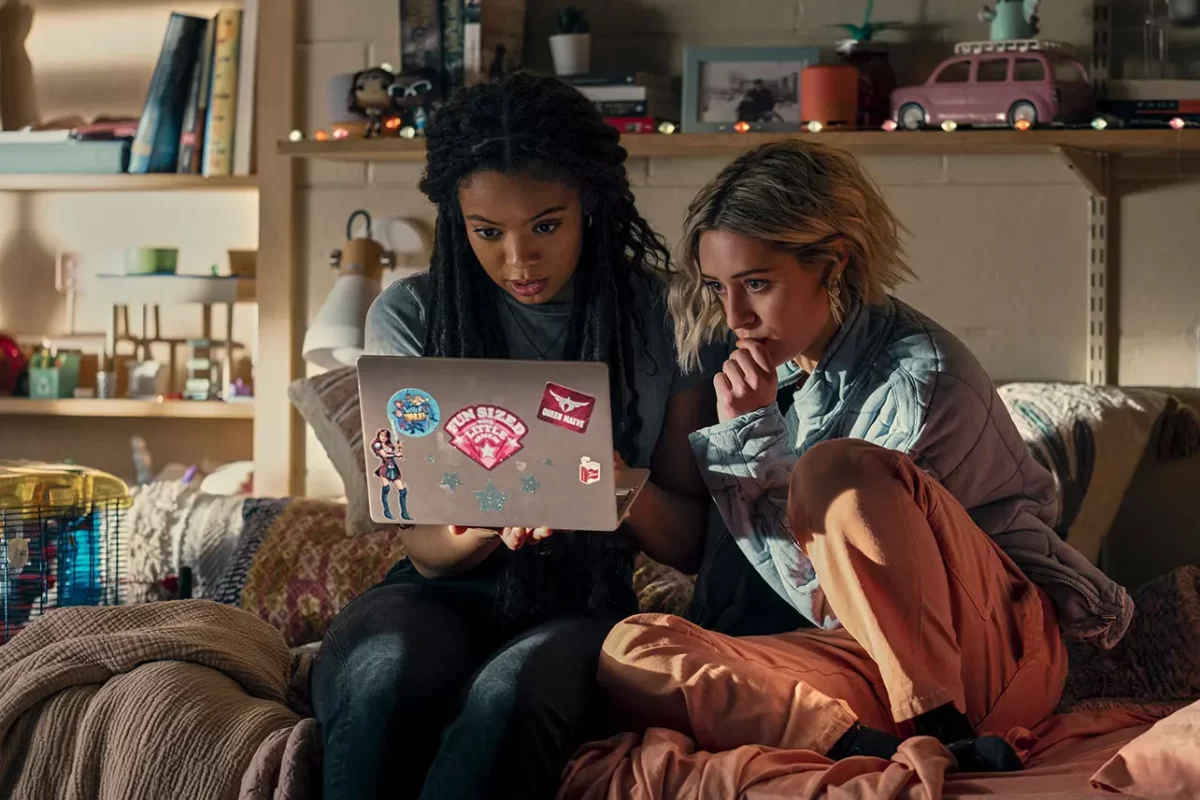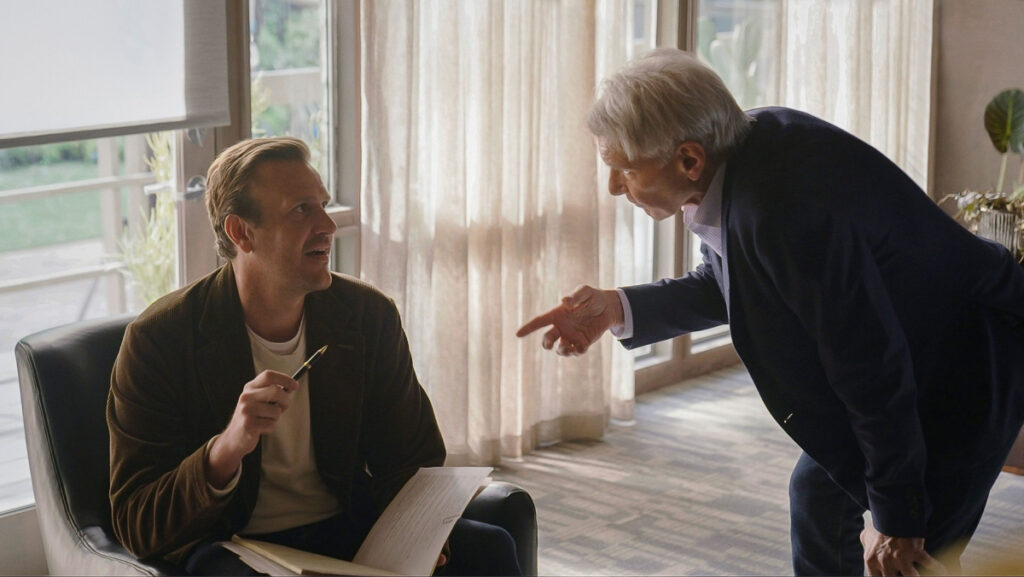The Marvel Cinematic Universe’s “Agatha All Along” skillfully balances both blockbuster and comic expectations, featuring jaw-dropping character reveals, seamless execution of nonlinear storytelling and vivid visual spectacles. It is for these reasons that the series gets away with neglecting some crucial origin plot points. Hopefully, the series has only just set the stage for further development of its complex characters in future MCU projects –– or possibly in a second season of the alleged miniseries.
Set three years after “WandaVision,” this series explores the consequences of a telekinetic hex cast by Wanda Maximoff that trapped people in a sitcom-style simulation with fictional personas. At the center of this series is Agatha Harkness (Kathryn Hahn), a centuries-old witch seeking to reclaim her powers stolen in the hex by navigating the Witches’ Road: a prophesied, trial-filled journey that promises to grant its victors’ deepest desires. As the series progresses, the Witches’ Road –– and Agatha’s origin story –– prove to be entirely different from the legends passed down during Agatha’s Salem days.
To access the Witches’ Road, a stubborn Agatha begrudgingly finds company in a group of covenless witches, all with varying powers. Casting Broadway royalty Patti LuPone as the divination witch Lilia Calderu is an impeccable choice, given that the series includes no shortage of musical elements. Teen (Joe Locke) and Rio Vidal (Aubrey Plaza) are two members of the journey with hidden identities that have immense impact in the MCU.
Hahn, who possesses a perfectly haunting witchy grin, masters impeccable comedic timing and hilarious mannerisms to bring the titular antihero to life. Agatha is chaotically power-hungry and unapologetically selfish, but also sensitive, as she combats grief for her son and an unsettling reunion with a star-crossed, persecuted love. Agatha was never taught a life without destruction, loss and hatred, and her depth as a likable villain is only first teased in “WandaVision.” This series hones in on some of her pain, which beautifully contextualizes both her instrumental role in the prequel miniseries and her manipulative nature in this solo project.
Agatha’s illusions from Wanda’s hex are gradually dismantled in the same show-within-a-show format that “WandaVision” excelled at. Once Agatha reconnects with her memories and true persona, the true implications of seemingly random events, the reveal of Rio’s and Teen’s identities and the nonlinear compiling of the Witches Road’s true origins all unfold in an extremely satisfying puzzle. While not necessarily shocking for “WandaVision” fans, the subtle foreshadowing makes for rewarding clarity by the end.
The series perfectly treads the line between theatrical and campy as traditional witch stereotypes and narratives are teased in a comical tone. After Episode 4, the series picks up its fright factors with hair-raising makeup and unsettling jump scares as ghosts of Agatha’s callous past seek vengeance, and Rio and Teen show their true colors. For a series that could be taken as merely satirical in its first half, this transition from solely comedic to frightening is a refreshing tonal shift that charges audiences into the second half.
Each episode’s set design and special effects create an immersive experience. No two episodes look alike, and the drastic visual difference between the witch trials and the road itself is a shocking, well-done transition. After being granted a low production budget, “Agatha All Along” actually went back to the basics of 80s production techniques for most of the magic making.
Hahn’s haunting magnetism is met with an equally as compelling performance from Plaza, who evokes chills with every wide-eyed, yearning glance at Hahn’s character. The actresses play off each other’s innately eerie aesthetic to deliver cautionary chemistry–– an energy enriched during pre-production when the two sent each other music and poetry.
Prior to the series premiere, the cast engaged in conversations about the “gay explosion” that would manifest by the finale. Agatha’s sexuality –– first hinted at through the dichotomy of “good” and “evil” magic –– is later confirmed through hilarious one-liners in Episode 7.
Agatha and Rio’s ill-fated love story, however, hinges on heated arguments driven by an unexplored backstory. While glimpses of Agatha’s life in Salem and her relationship with her son are depicted, the origin and depth of her love for Rio remain only implied, despite the finale’s reliance on that context. Each time Rio tenderly calls Agatha “my love” and “m’lady,” it is disheartening because while their performances alone are more than convincing, there are no tangible flashback scenes to demonstrate the full weight behind those reserved affections. Though they claim to have endured something unspeakable together, audiences are left to take their word for it. Dedicating an entire episode to Lilia’s backstory instead of taking more time for Agatha’s narrative feels misplaced, especially given the thematic complexity of Agatha and Rio’s relationship, which challenges the natural order of death.
To have the MCU’s first lesbian relationship fall into the “bury your gays” trope without a proper setup is disappointing. This underdeveloped ending –– despite its complex symbolic meaning to the characters’ desires and trauma –– is especially frustrating given the strong casting and Marvel’s resistance to creator Jac Schaeffer’s intent to transcend typical Marvel narratives. While Disney is starting to explore themes of queerness, perhaps the franchise is not quite ready to approach these stories with the commitment necessary to do them justice.
“Agatha All Along” has so many moving parts, and while vital intricacies of Agatha and Rio’s storyline slip through the cracks, the series excels in other areas: mesmerizing set and costume design, addictive comedic writing, individual character development and a mutually comedic and emotionally-heavy tone. As the MCU’s best television project since “WandaVision,” it sets expectations high as a possible reset for the otherwise declining superhero franchise.


